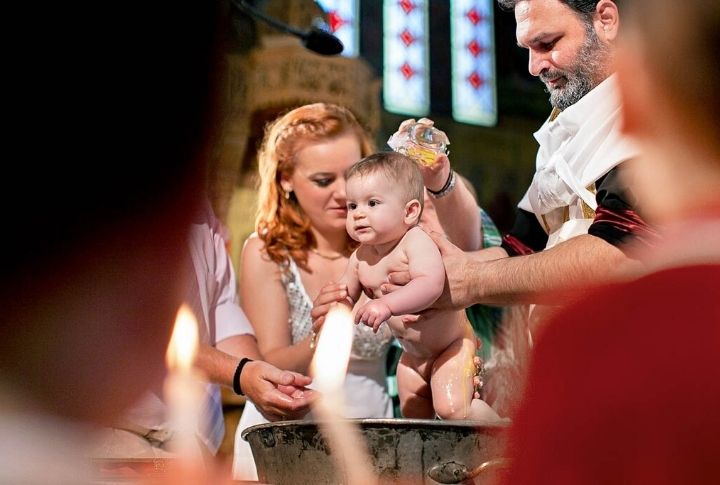
Have you ever wondered if some modern Christian practices might contradict the Bible’s teachings? While Christianity is rooted in scripture, many widely accepted customs, such as celebrating Christmas on December 25th, diverge from biblical prescriptions. This article explores 15 such practices and sheds light on the complexities of faith and tradition.
Observing Sunday as the Sabbath

Many Christians observe Sunday as their Sabbath, a day of rest and worship. However, the Bible designates the Sabbath as Saturday’s seventh day of the week. This shift from Saturday to Sunday worship developed in the early Christian church, partly to distinguish Christian practices from Jewish traditions.
Use of Religious Icons and Statues
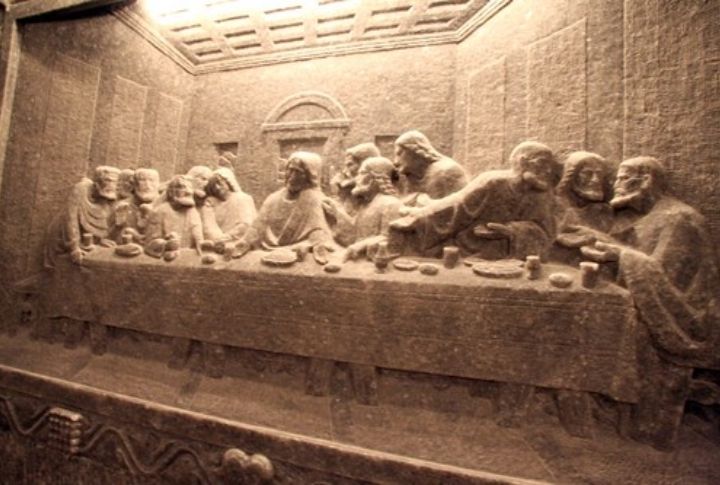
Critics of religious icons and statues often cite several references to argue that their use contradicts God’s commandments. The most frequently referenced scripture is from the Ten Commandments. This commandment, given directly by God to Moses, explicitly prohibits creating and worshiping images.
Holy Water

In Acts 2:38, Peter says, “Repent and be baptized in Jesus’ name, and the Holy Spirit will come upon you .” Baptism is a one-time sacrament of initiation into the Christian faith, unlike the repeated use of holy water.
The Doctrine of the Trinity
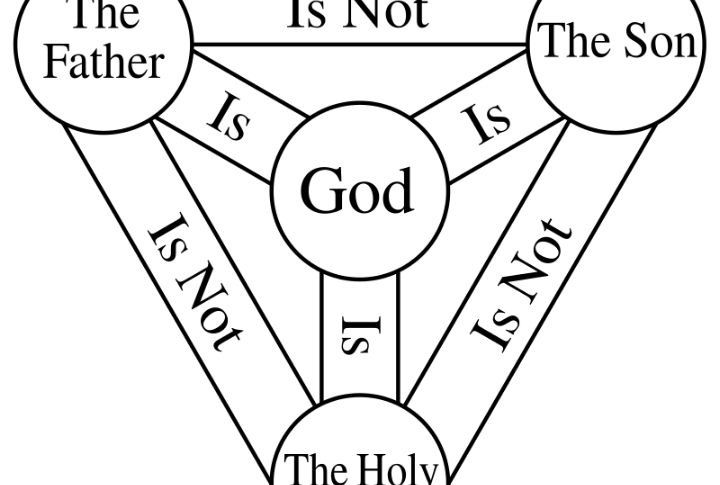
This doctrine holds that God exists as three persons in one essence: the Father, the Son (Jesus Christ), and the Holy Spirit. Despite its foundational role in Christian theology, the concept of the Trinity needs to be explicitly outlined in the scripture. Instead, it has been developed and articulated through centuries of theological reflection.
Celebrating Christmas on December 25th
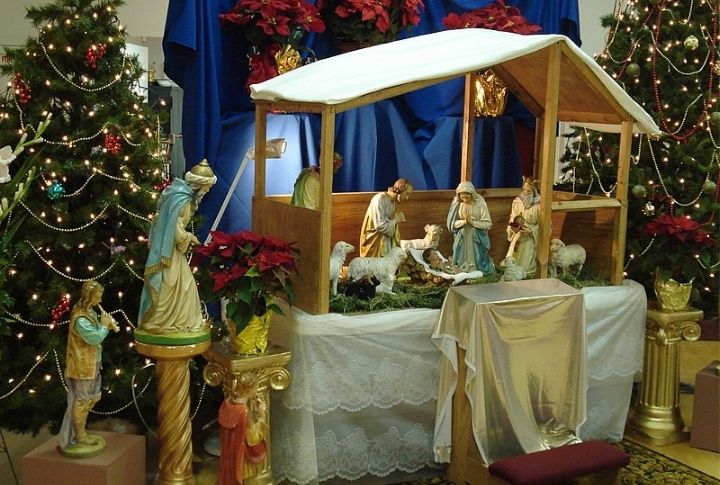
Did you know that Christmas, celebrated on December 25th, isn’t based on biblical instruction? While the birth of Jesus is central to Christianity, the Bible does not specify a date for this event. The choice of December 25th aligns more with ancient Roman festivals than any biblical directive.
The Concept of Purgatory
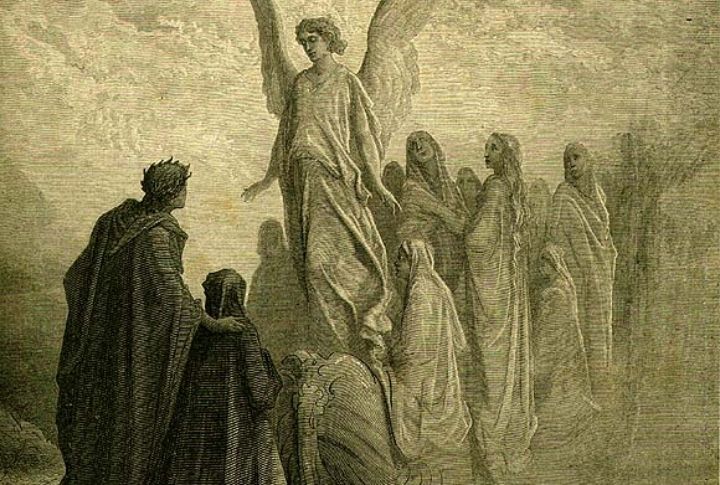
Protestants, for example, reject the notion primarily because they see it as lacking a solid biblical foundation. Hebrews 9:27 states, “For man must die once, and then judgment follows.”
Using the Cross as a Symbol
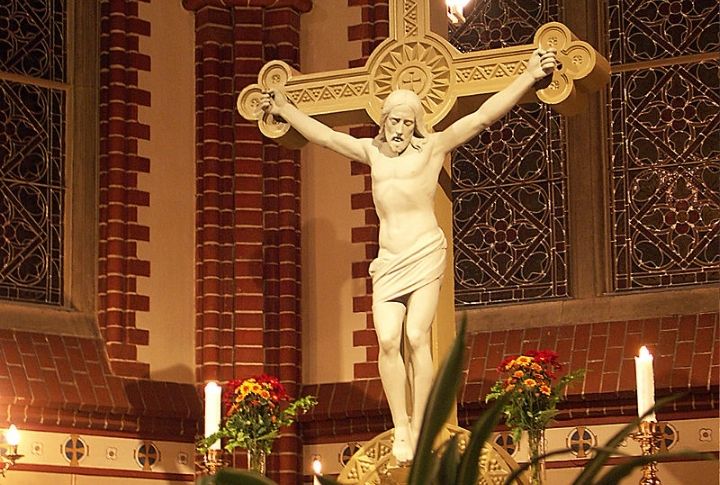
The Bible warns against idolatry, where objects or symbols become objects of worship themselves rather than pointing to God. Exodus 20:4-5 admonishes, “You must not make yourself an idol of anything in heaven above, on earth below, or in the waters below.
Clergy Celibacy
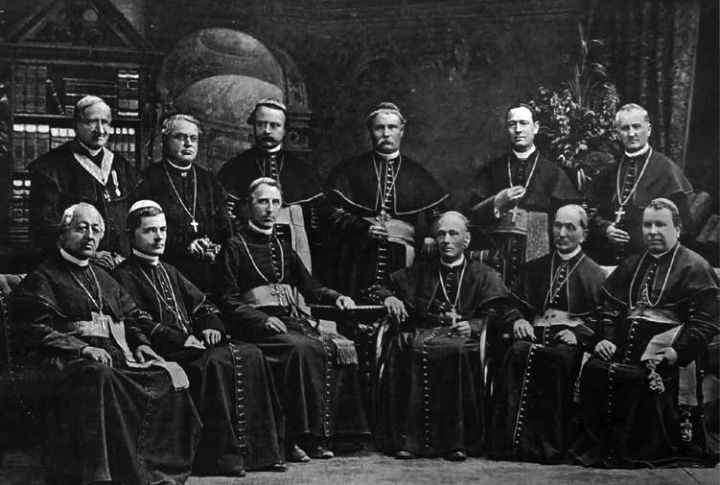
Clergy celibacy, primarily mandated in the Roman Catholic Church, has historical and theological roots but no direct biblical mandate. The New Testament commends voluntary celibacy for those serving God and affirms marriage for church leaders. Married apostles like Peter and scriptural qualifications for bishops being “the husband of one wife” (1 Timothy 3:2, Titus 1:6) support this.
Confession to a Priest

The sacrament of confession to a priest involves confessing sins to receive absolution in Christ’s name. However, Hebrews 4:16 emphasizes believers’ direct access to God’s mercy and grace through Jesus Christ, suggesting that confession directly to God is sufficient without needing an intermediary.
Hierarchical Church Structure

This structure is quite common in many Christian churches featuring layered levels of authority, such as local pastors and global figures like the Pope. However, this system of governance raises intriguing questions about its alignment with biblical teachings.
Tithing as a Requirement

Interestingly, giving a portion of one’s income or produce to religious institutions predates Judaism and can be found in various ancient cultures. Many pagan religions practiced forms of offering or tribute to their gods, often as a way to ensure favor and prosperity. These practices were typically obligatory and transactional, much like the fixed tithe system.
Observance of Lent
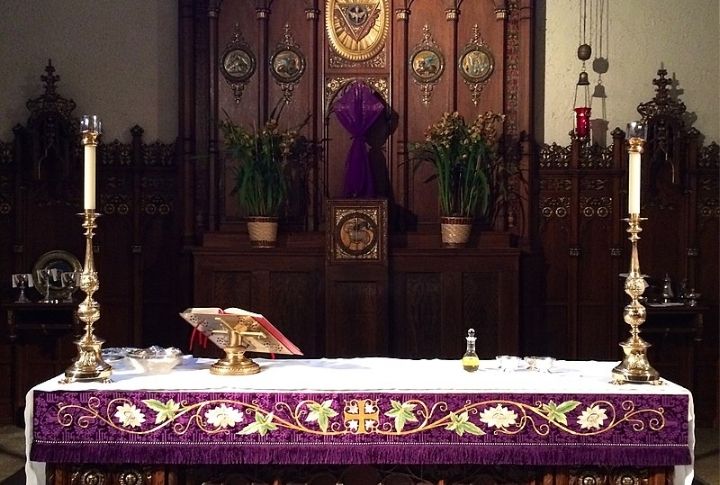
Matthew 6:16-18, “When you fast, don’t look somber like the hypocrites… Instead, put oil on your head and wash your face so that you will not be evident to others that you are fasting.” The public and communal nature of Lenten fasting can conflict with this directive to fast discreetly.
Infant Baptism
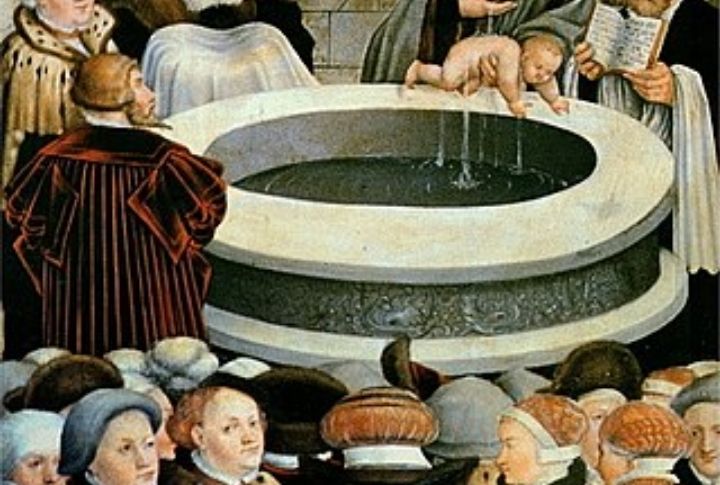
Skeptics of infant baptism argue that baptism should be for those who are old enough to profess faith in Christ. Additionally, some scholars contend that infant baptism was not universally practiced in the early church and that its later adoption was influenced by theological shifts rather than direct scriptural endorsement.
Praying to Saints
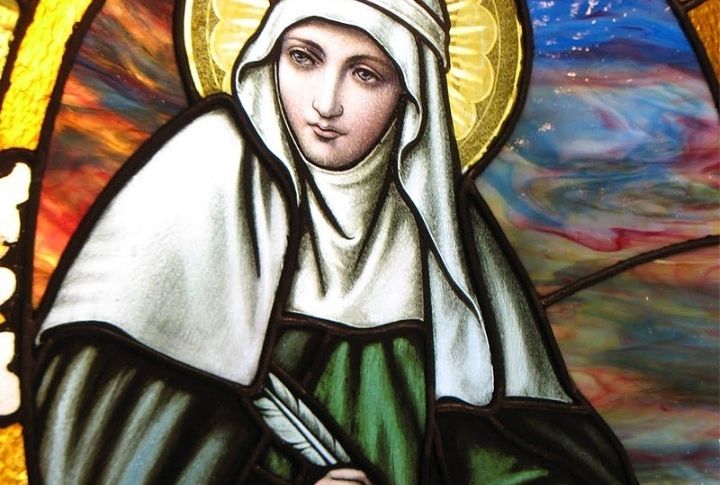
Another concern is that praying to saints could result in idolatry, as saints may be venerated in ways that overshadow or distract from God’s worship. Specifically, the scripture states, “You shall have no other gods before me. You shall not make for yourself an image of anything in heaven above.”
The Prosperity Gospel

The lives of Jesus and His apostles were marked by suffering, poverty, and persecution. Paul, one of the most influential apostles, often spoke of his hardships and contentment in all circumstances, including poverty (Philippians 4:11-13).


Comments
Loading…